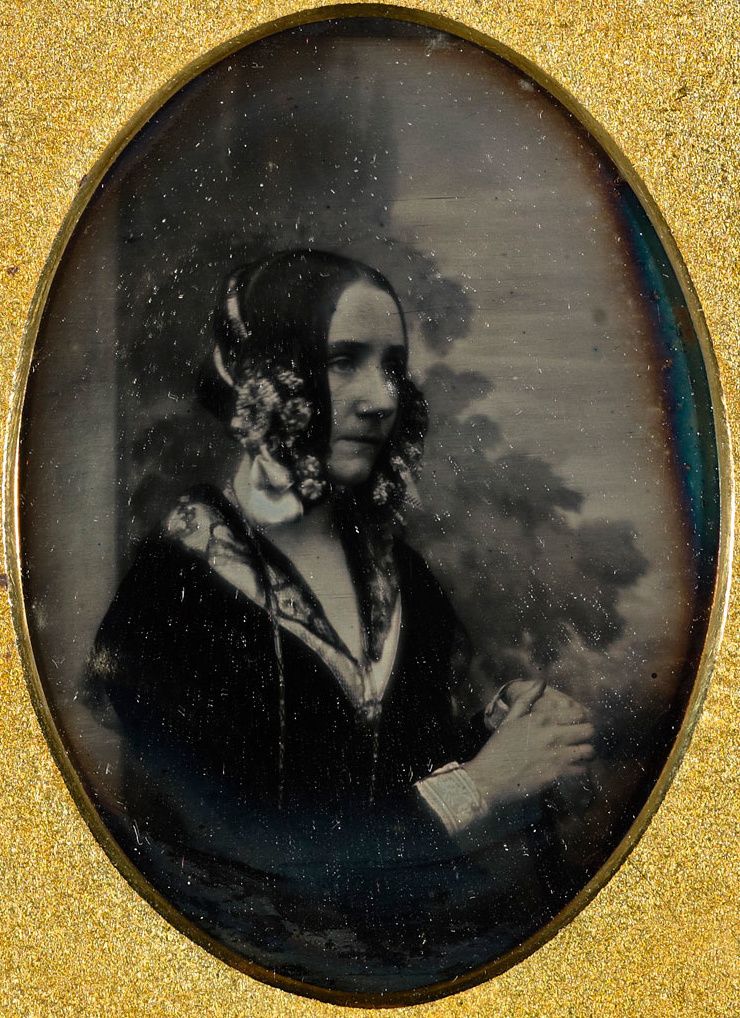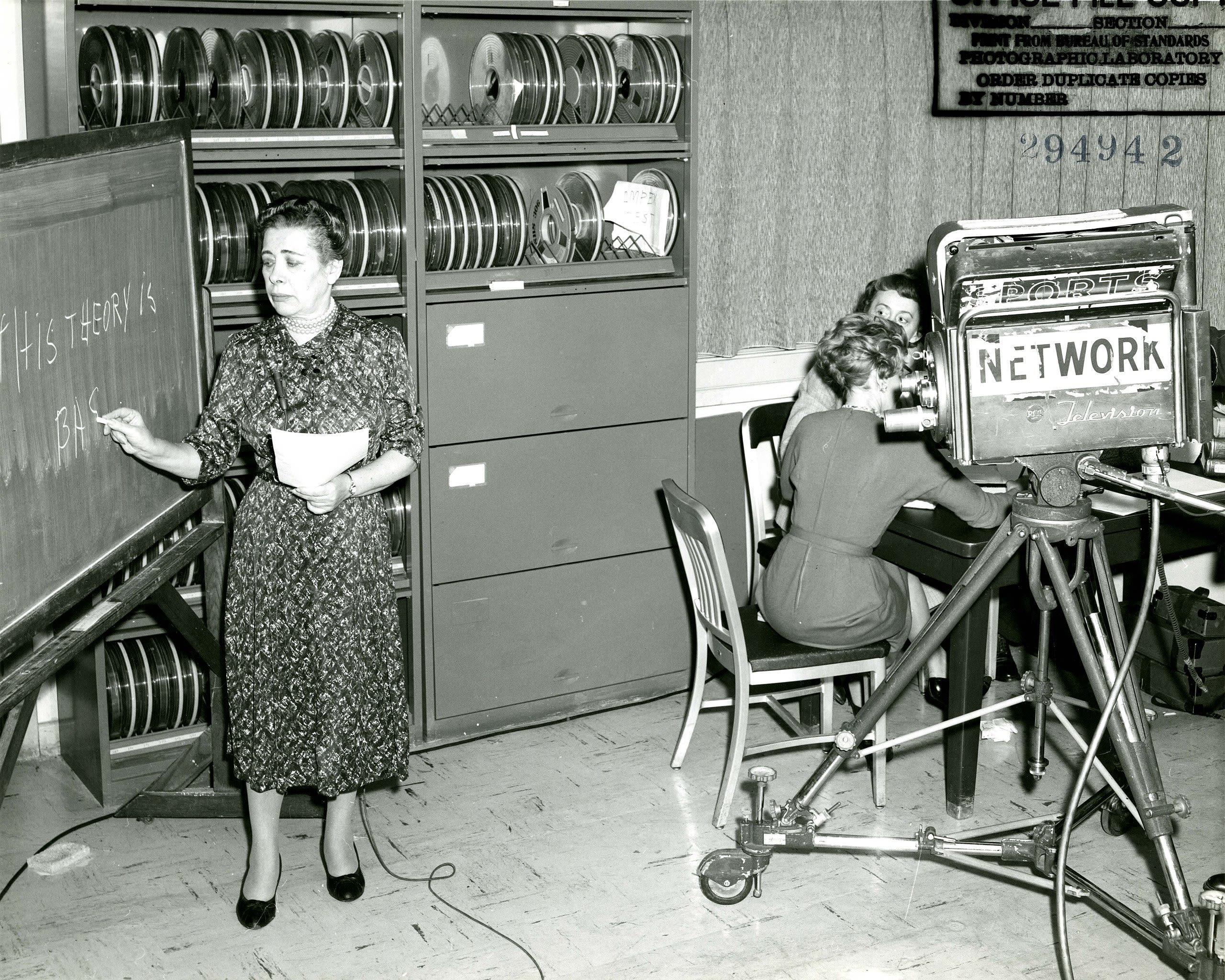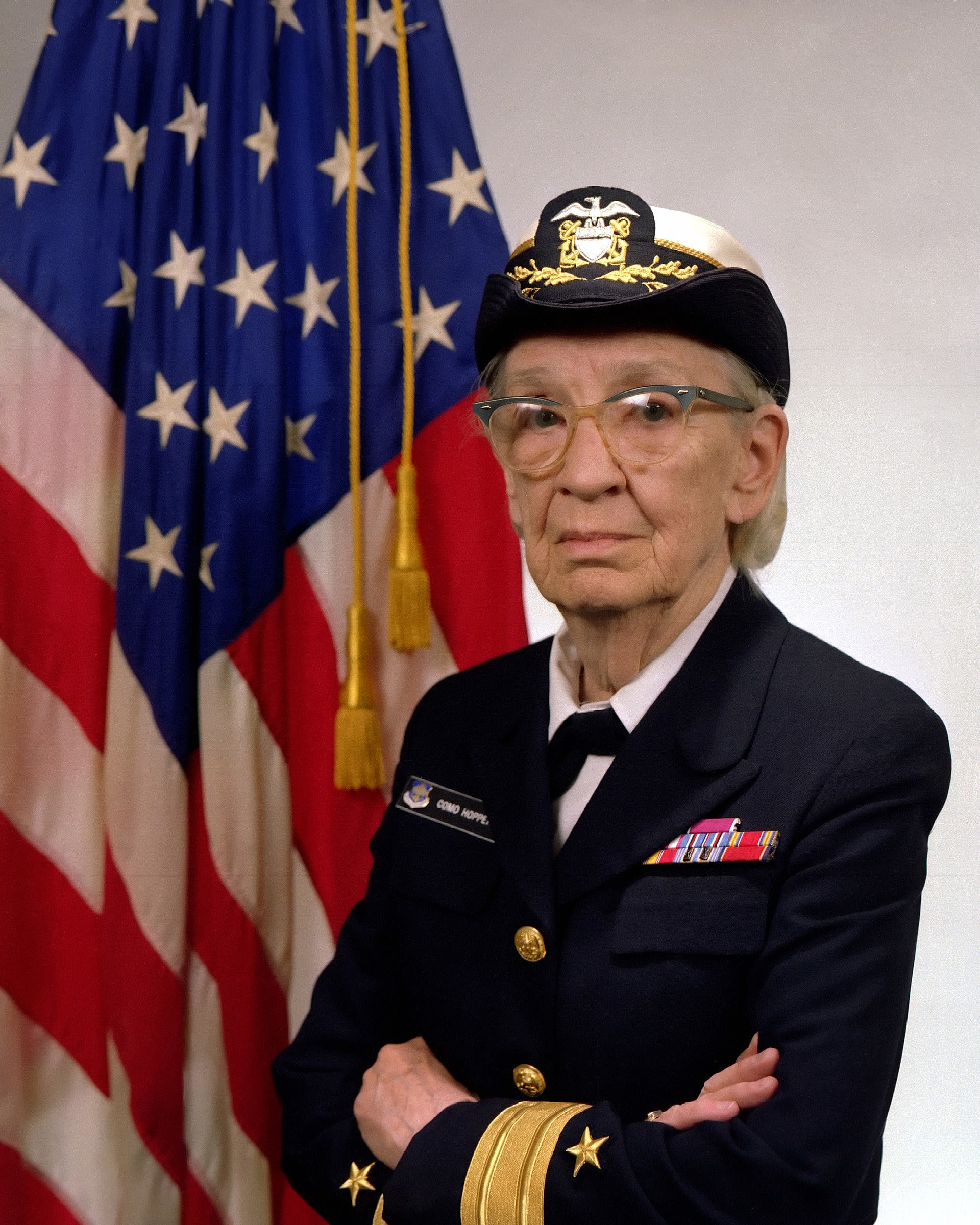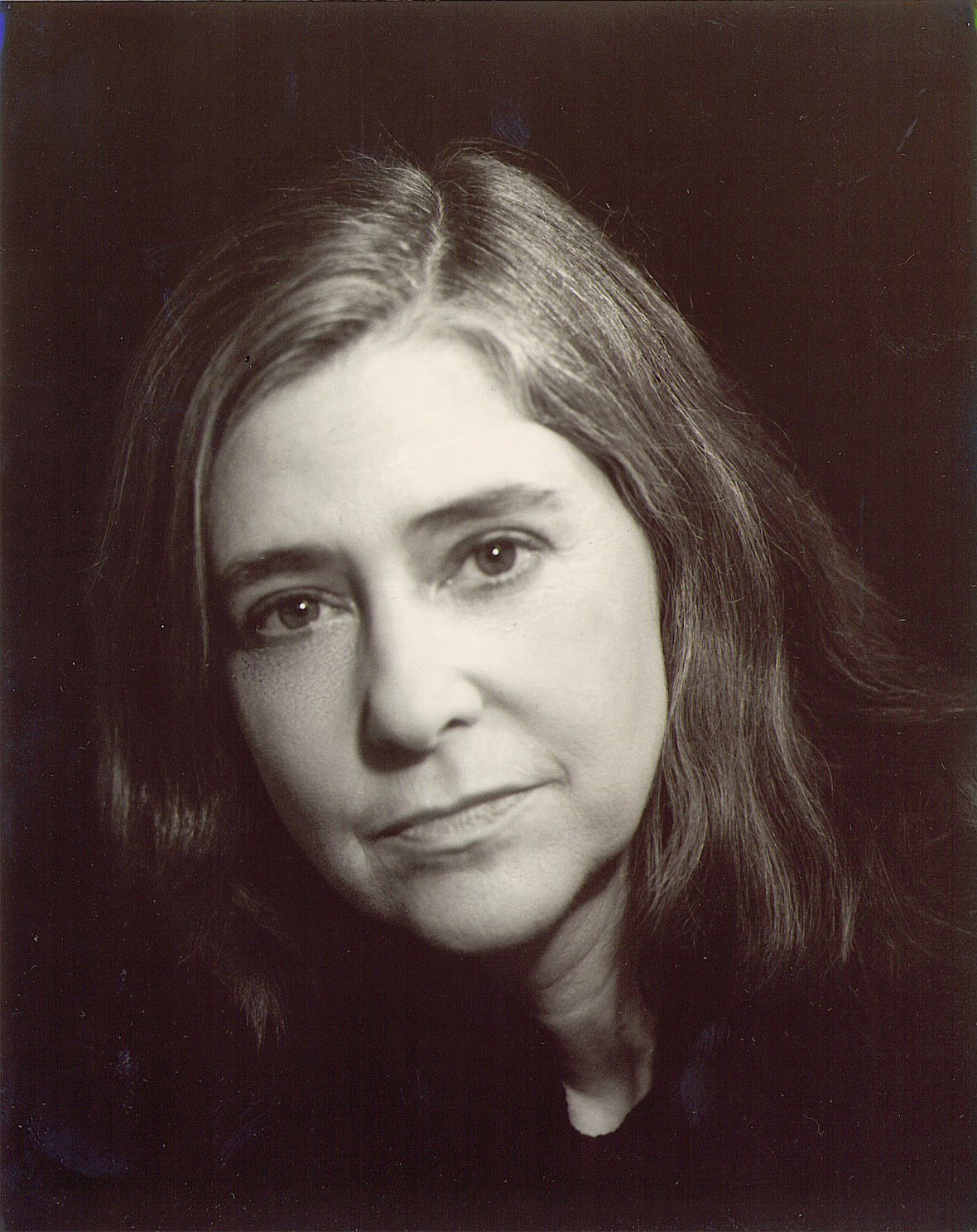
Table of Contents
If you think coding is a man's realm, think again. While diversity in the world of programming has been a challenge since the industry first began, that didn't stop female coders from stepping up to the plate and changing the game. Women have played a relevant role in the development of coding, programming languages, and computer development since the 1900's.
In fact, some of the most iconic achievements of that century came from the brilliant minds of female coders. Through various projects, they created and improved upon the computing programs that revolutionized the world as we know it today, including the portable computer, space shuttle exploration, and more.
Four names of those pioneers sit below, along with a summary of their greatest achievements.
Why Ada Lovelace is Considered the Founder of Computer Science
Image Source: https://en.wikipedia.org/wiki/Ada_Lovelace#/media/File:Ada_Byron_daguerreotype_by_Antoine_Claudet_1843_or_1850.jpg
Daughter of the famous poet, Lord Byron, Ada Lovelace was a true rebel of the Victorian era. Born on December 10, 1815, she studied mathematics in a time when few women dared. Labeled an “enchantress of numbers” by Charles Babbage, she worked closely with him on a calculating machine he referred to as a difference engine.
Thinking far ahead of her time, Lovelace foresaw an ability to use these calculating machines to manipulate more than numbers. She envisioned them to have the ability to compute symbols and letters, too. In her notes, she left behind one of the first algorithms for machine processing, and imagined a device that could create music and graphics.
Lovelace’s work didn’t draw much attention during her lifetime. However, today she is considered by many as the founder of computer science, as well as the first computer programmer.
Article continues below
Want to learn more? Check out some of our courses:
How Ida Rhodes’ Innovation Impacted the US Census Bureau and Social Security
Image Source: https://en.wikipedia.org/wiki/Ida_Rhodes#/media/File:Ida_Rhodes_filming_at_IBM_002.jpg
Born on Mary 15, 1900 as Hadassah Itzkowitz in a small Jewish village in Ukraine, Ida Rhodes was an American mathematician. She changed her name in 1913 when she emigrated to America with her parents. However, she had no idea her work would later lead her to Washington.
Like Grace Hopper and Margaret Hamilton, Rhodes had a strong influence on early computer development. Brought onboard for the Mathematical Tables Project created by President Roosevelt’s New Deal program, she started out planning and supervising the development of the Handbook of Mathematical Functions.
Seven years later, she was sent to Washington to learn about the creation of an electronic computer. While there, her brilliance and expertise impressed Washington officials. They brought her to work at the Machine Development Laboratory where she would create the US Census Bureau’s C-10 language, and the original programming for the US Social Security Administrations.
Beyond those accomplishments, her work also includes developing a way to use computers to support language translation. She would go on to earn many awards, including an Exceptional Service Gold Metal from the Department of Commerce.
How Grace Hopper Pioneered the Advancement of Computer Programming
Image Source: https://en.wikipedia.org/wiki/Grace_Hopper#/media/File:Commodore_Grace_M._Hopper,_USN_(covered).jpg
Born on December 9, 1906, Rear Admiral Grace Hopper made a name for herself through the development of the first computers. David Letterman went so far as to describe this charismatic go-getter as the “Queen of Software” when he interviewed her on his show.
Bringing sophistication to the primitive beginnings of computer programming, Hopper was the third individual to program Mark I, the Automatic Sequence Controlled Calculator (ASCC) developed by Harvard University.
However, Hopper was not one to settle. She sought innovation, developing more advanced applications for the Mark I, Mark II, and Mark III computers. Her focus was to make computers available to a much broader scope of users by making them both programmer-friendly and application-friendly.
Hopper’s efforts led to the creation of the Common Business Oriented Language, or COBOL. This form of programming used words instead of numbers, thus making programming simpler.
How Margaret Hamilton Helped Humans Land on the Moon
Image Source: https://commons.wikimedia.org/wiki/Category:Margaret_Hamilton_(scientist)#/media/File:Margaret_Hamilton_1995.jpg
Have you heard of Margaret Hamilton? You may not know her name, but you certainly know the milestones she helped create. In the 1960’s when being a working mother was practically taboo, Hamilton’s work helped land man on the moon, bring portability to computers, and help facilitate the development of what we now know as the systems programming industry.
Truly a pioneer of her trade, Hamilton’s feats began when she was working as a programmer for MIT. It was during that time that the Apollo Space Program was introduced. She took on the project from scratch, and wrote the code for the Apollo Guide Computer (AGC) that was used on the Apollo 11 mission.
This same team went on to write the code for the first portable computer, which then led to the coding world we know today. Hamilton, an expert in systems programming, later explained to Wired that the industry looked entirely different back then, saying:
"When I first got into it, nobody knew what it was that we were doing. It was like the Wild West. There was no course in it. They didn’t teach it." - Margaret Hamilton
Even back then, coding was a male-dominated field. Female coders faced an even harsher diversity-challenge, making Hamilton’s accomplishments all the more impressive.
Be the Next Pioneering Female Coder
Women were the pioneers of computer programming and coding from the beginning, and will likely continue to revolutionize the industry and computer development in the future. Will your name be on the next list of famous female coders?







